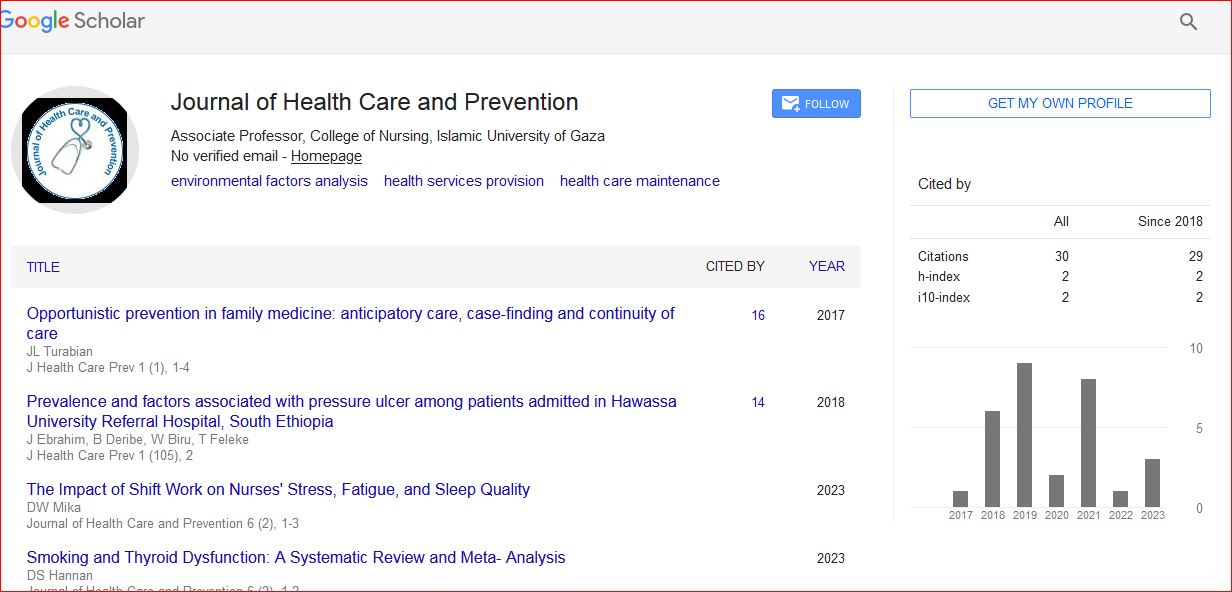Effect of unrest and internal displacement on primary health care in Ethiopia: A qualitative study
*Corresponding Author:
Copyright: © 2020 . This is an open-access article distributed under the terms of the Creative Commons Attribution License, which permits unrestricted use, distribution, and reproduction in any medium, provided the original author and source are credited.
Abstract
Background: The Primary health care system is continually challenged by recurrent and unexpected natural and human made disasters including conflicts. Ethiopia has recently been facing a major upsurge in the number of Internally Displaced Persons (IDPs), with the country reaching the top of the global list for highest internal displacement in 2018 because of unrest. Objective: To assess the effect of unrest and internal displacement in Ethiopian Primary Health Care delivery system Methods: A qualitative study was conducted. Health care providers working in primary health care units of areas where unrest and internal displacement occurred were selected purposively. Health care leadership and community members were also included in the study. A total of 18 in-depth interviews were done. The transcripts were imported into NVIVO version 12 software packages. A qualitative thematic analysis approach was used to analyze the data. Results: The findings of the study showed that, there was damage of primary health care units like health posts, disruption of referral linkage and as result many of the health facilities in these communities were no longer functional, they were unable to serve the community. This leaves the returnees at risk of health problems and limits the ability of health professionals to prevent public health emergencies, such as disease outbreaks and unable to provide routine basic health services such as immunization, maternal/antenatal healthcare, treatment for common illnesses, like diarrheal disease and malaria. Conclusion: Primary health care system was seriously affected by unrest and internal displacement in Ethiopia despite efforts to revitalize it. Building resilient primary health care system is important to resist the shock during unrest.

 Spanish
Spanish  Chinese
Chinese  Russian
Russian  German
German  French
French  Japanese
Japanese  Portuguese
Portuguese  Hindi
Hindi 
